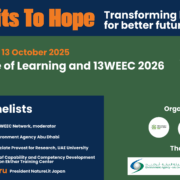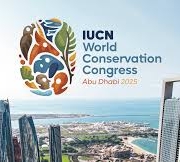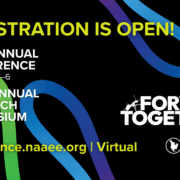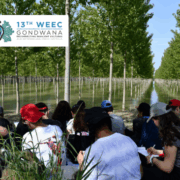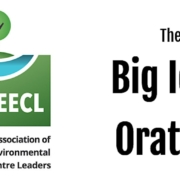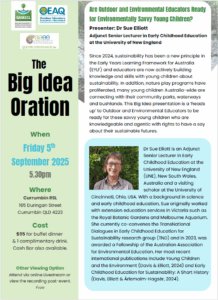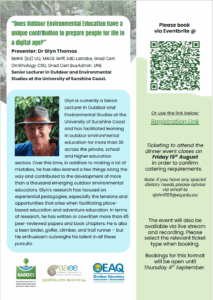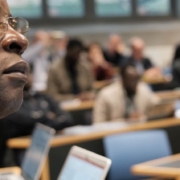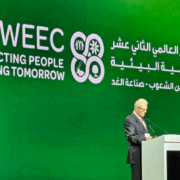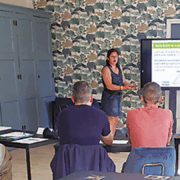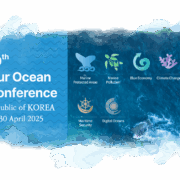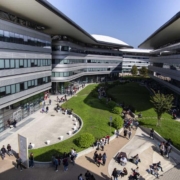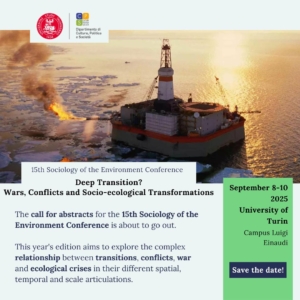From September 8 to 10, 2025, the University of Turin will become a focal point for scientific debate on contemporary environmental and social challenges as it hosts the XV Conference on Environmental Sociology at the Luigi Einaudi Campus. Organized by the Department of Cultures, Politics, and Society, the event will explore “Deep Transitions” — the profound societal transformations driven by wars, conflicts, and ecological crises.

A timely and crucial theme
The 2025 conference will examine the complex interplay between ecological transitions, armed conflicts, and socio-economic changes, investigating how these factors influence one another at both local and global levels. A call for abstracts, set to be released in the coming months, will invite researchers, academics, and professionals to contribute their perspectives across a range of disciplines.
Objectives and key themes
The conference aims to foster interdisciplinary dialogue, generating fresh insights into how conflicts and crises shape ecological transitions. The main thematic areas will include:
- Energy transitions and geopolitical conflicts: exploring how the competition for natural resources intensifies international and local tensions.
- Climate crisis and forced migrations: analyzing migratory flows triggered by extreme weather events and environmental degradation.
- Circular economy and alternative development models: proposing pathways toward post-growth and post-carbon societies.
- Social movements and environmental justice: investigating the role of civil society in influencing public policies for sustainability.
- Global governance and environmental policies: examining the role of international institutions in addressing environmental challenges and fostering cooperation.
A platform for international exchange
The conference will welcome leading scholars and researchers from universities and research centers worldwide. The program will include plenary sessions, thematic panels, roundtables, and participatory workshops, offering participants a rich opportunity to engage deeply with various aspects of socio-ecological transitions.
Among the expected speakers are experts in political ecology, environmental sociology, conflict studies, and sustainability sciences, who will share their research and help shape a constructive debate on future trajectories.
Bridging research and action
One of the conference’s key strengths will be its emphasis on translating academic research into practical recommendations for policymakers and environmental activists. By facilitating the exchange of knowledge and experiences, the event aims to identify innovative solutions to pressing environmental and social issues, encouraging collaboration between academia, institutions, and local communities.
An essential event for scholars and society
The XV Conference on Environmental Sociology offers a unique opportunity to reflect on the role of sociology in understanding and navigating ecological transitions and global conflicts. The event aspires to stimulate critical knowledge production and promote more just and sustainable social and ecological practices.
For those eager to contribute, the upcoming call for abstracts will provide a platform to present research proposals and innovative projects. Details on submission deadlines and procedures will soon be available on the university’s official website.
In an era marked by unprecedented environmental challenges, moments of collective dialogue like this are vital for imagining and constructing alternative futures.
Save the date and join us for an event poised to leave a lasting impact on both the scientific community and society at large.
👉 For more information and to participate in the call for abstracts, CLICK HERE to download the full document.

